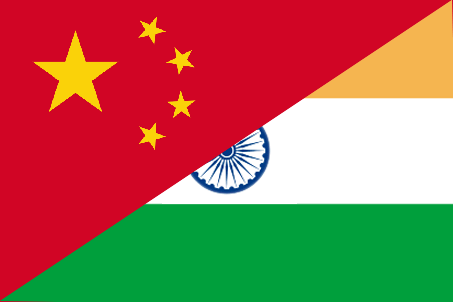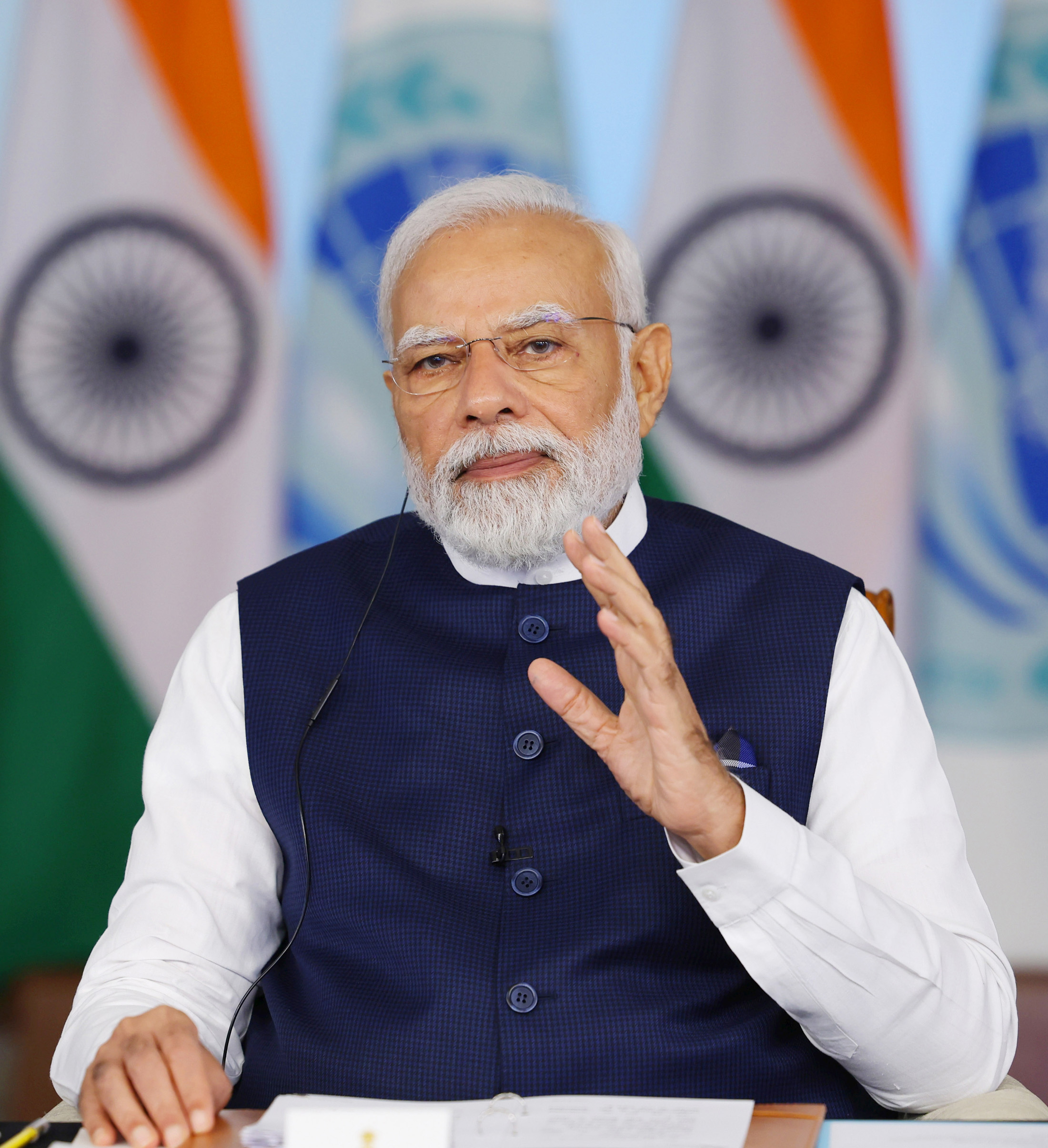India has no China policy
Ravi Shanker Kapoor | July 5, 2017 12:10 pm

To jaw-jaw, said Winston Churchill, is always better than to war-war. To that extent, China’s regular aggressive posturing against India in the recent past is better than any conflict escalation on the ground. While Beijing’s bellicosity is widely acknowledged across the world, New Delhi cannot escape its share of blame. The difference is that the former’s sins pertain to imperial aggrandizement, whereas the latter is plain stupid in being muddleheaded about China.
It is astonishing that India has been unable to frame a coherent China policy since Independence. It has meandered through Jawaharlal Nehru’s syrupy puerility and socialist fantasies to the post-1962 stupor to gradual thaw to blow-hot-and-cold reactivity to… China policy, or whatever passes in its name, has always been a mess; India has never been sure what to do with China, how to react to its imperial ambitions, how to respond to its economic might. Every prime minister—from the quixotic Nehru to the supposedly realpolitik expert Narendra Modi—has acted like a neophyte vis-à-vis Beijing.
The ineptitude of Modi, who has redefined foreign policy by visiting Israel, on China is exceedingly surprising and depressing. His clumsiness is evident from an interview that he gave to Wall Street Journal a year ago, “There is no reason to change India’s non-alignment policy that is a legacy and has been in place.” He was responding to a query about China’s increasing assertiveness. The interviewer had asked, “The US is very keen on India, the rising power that India is, to be part of, if not an alliance, then at least a grouping that can stand up to some extent to China. Where do you see India taking a position on the global stage?”
India’s non-alignment policy? Does Modi believe in Nehru’s toxic NAM legacy?
Modi went on downplaying China’s hegemonistic designs. “We don’t have any fighting with China today. We have a boundary dispute, but there is no tension or clashes. People-to-people contacts have increased. Trade has increased. Chinese investment in India has gone up. India’s investment in China has grown. Despite the border dispute, there haven’t been any clashes. Not one bullet has been fired in 30 years. So the general impression that exists, that’s not the reality.”
The Indian Prime Minister was mistaken. There was tension, and it has grown since then. A recent editorial in a newspaper run by the ruling Communist Party talks about the “greater losses than in 1962” that India may suffer if there was conflict escalation. Responding to Defence Minister Arun Jaitley’s statement that India in 2017 was different from 1962 and Army Chief Bipin Rawat assurance about our preparedness, Global Times editorially commented, “If New Delhi believes that its military might can be used as leverage in the Donglang area, and it’s ready for a two-and-a-half front war, we have to tell India that the Chinese look down on their military power. Jaitley is right that the India of 2017 is different from that of 1962—India will suffer greater losses than [it did] in 1962 if it incites military conflicts.”
So much for Modi’s “no tension or clashes” and “people-to-people contacts.”
It is time the Prime Minister and his team chalked out a sound China policy based on empirical evidence and realistic assessments. For neither jaw-jaw nor war-war is good with a neighbor, especially a stronger one.
Photo courtesy: www.wikipedia.org






























